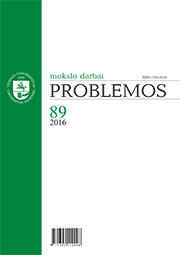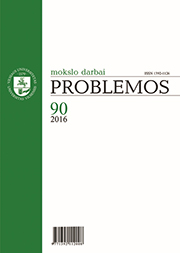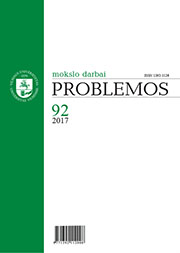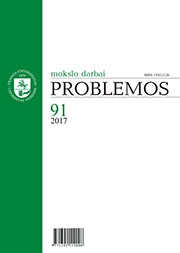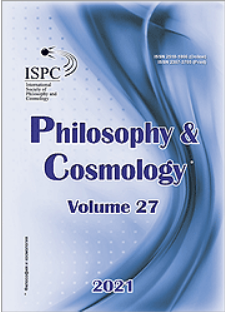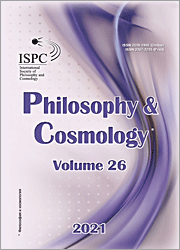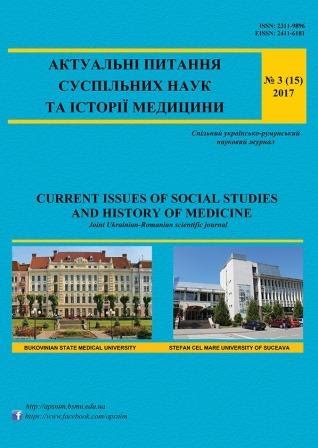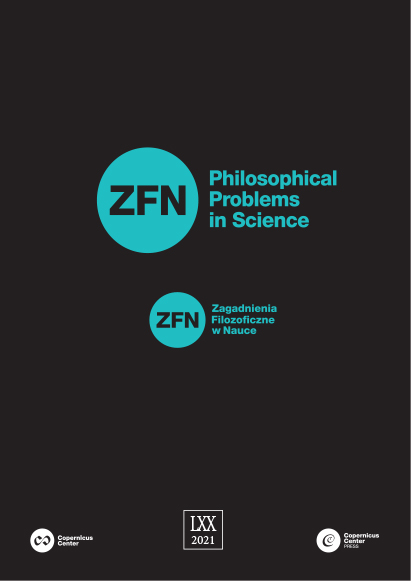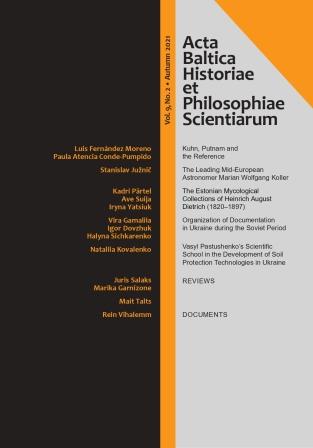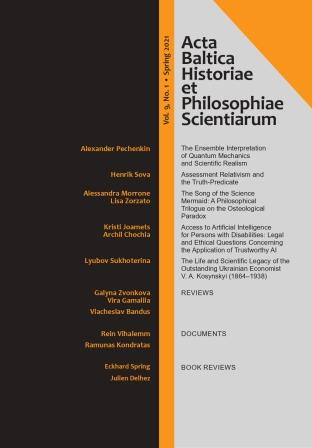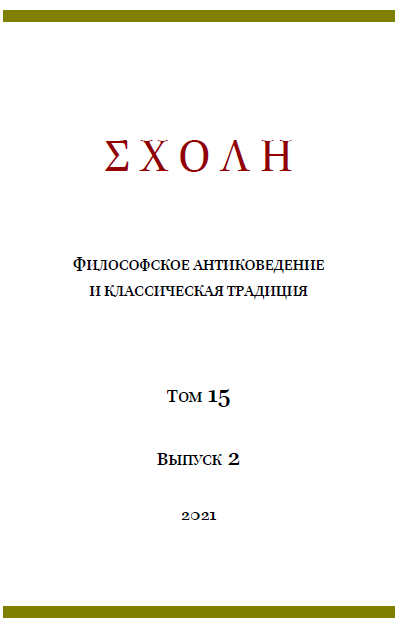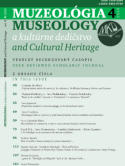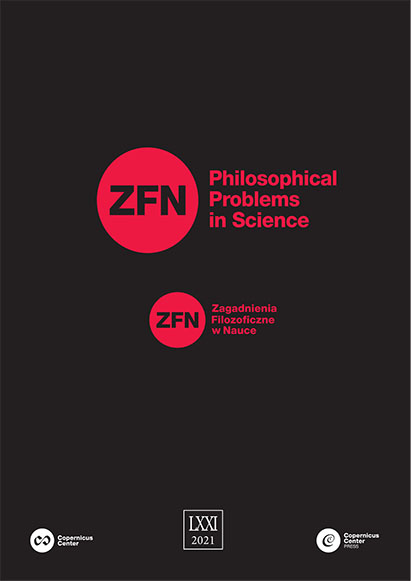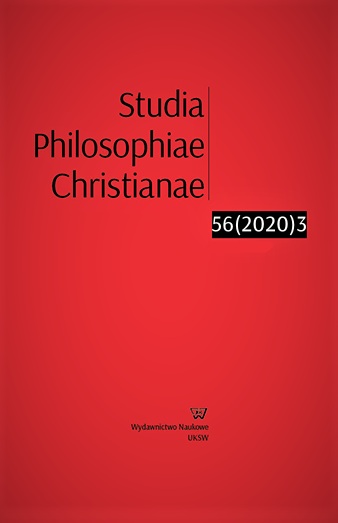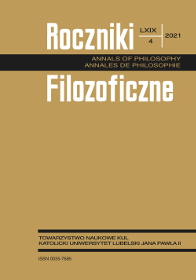Author(s): Sybille C. Fritsch-Oppermann / Language(s): English
Issue: 3/2020
Languages play an essential role in communicating aesthetic, scientific and religious convictions, as well as laws, worldviews and truths. Additionally, metaphors are an essential part of many languages and artistic expressions. In this paper I will first examine the role metaphors play in religion and art. Is there a specific focus on symbolic and metaphoric language in religion and art? Where are the analogies to be found in artistic metaphors and religious ones? How are differences to be described? How do various (philosophical) concepts of aesthetics and theological concepts explain those different kinds of language and how, if at all, do they make use of them? Lastly: what could be added to aesthetics, philosophy and theology by examining carefully the role and importance of language, including nonverbal, sign language and especially metaphorical language? Without the human capacity for language, religions are scarcely imaginable. A widening of traditional exegesis and hermeneutics by taking into account nonverbal semantics is needed. Religion is a cognitive and linguistic phenomenon. By taking this seriously, we set and enable an agenda to discuss religion scientifically, leaving aside for the purpose of a scientific understanding and discourse about the inter-religious and the inner-religious claims of truth and absolutist claims. To sum it up: metaphor is introduced as an important means of language when it comes to religious conceptualization. Next, I will show that art, more than religion, deals with visual metaphor – the latter being an image that suggests a particular association, similarity or analogy between two (or more) generally unconnected visual elements. This often, but not always, functions in a roughly comparable fashion to the better-known concept of verbal metaphor. In addition, visual metaphor has developed many original and unique characteristics. These two sections are followed by another one dealing with (inter)cultural philosophy of religion and aesthetics, as well as the meaning of metaphors for these disciplines. The next section is on metaphor and metaphorical language in mathematics, natural sciences and art and how they are related, i.e. influence and help each other. I will discuss the critical approach to metaphors in natural science and provide a short introduction to the cultural history of mathematics and art. Mathematicians and artists have long been on the quest to understand the physical world they see before them and the abstract objects they know by thought alone. How have art and mathematics helped each other in representing each other’s concepts?
More...

